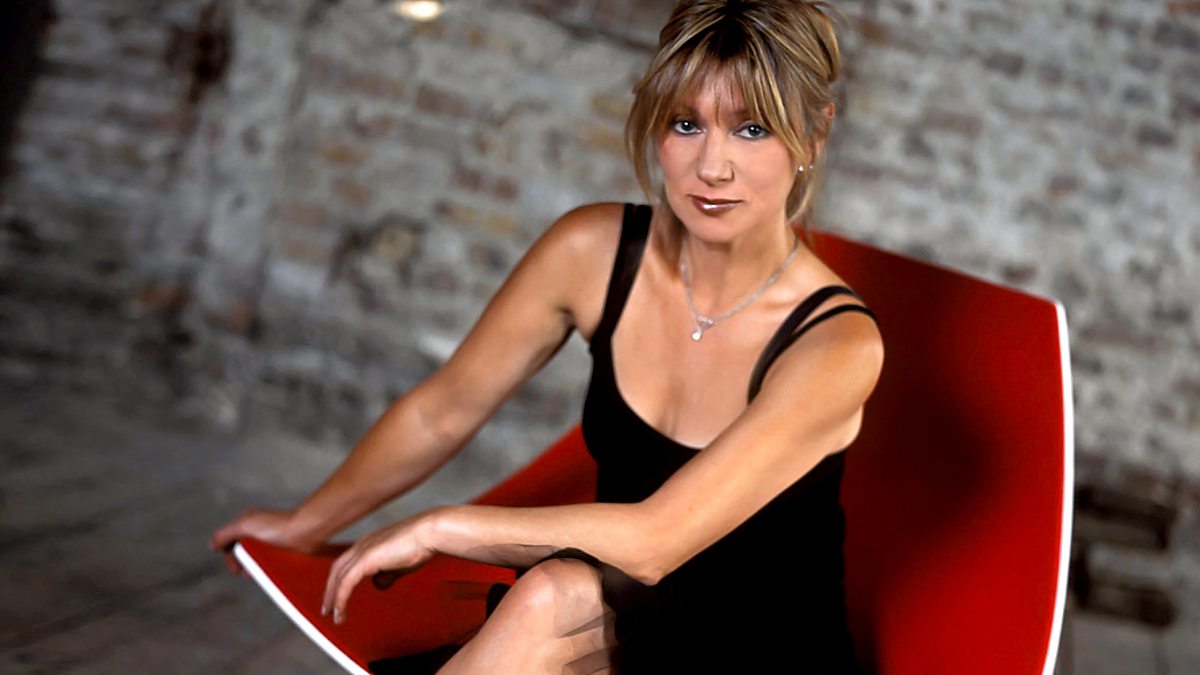Saturday
Catherine Bott talks to Tony Wheeler, co-founder of Lonely Planet about the extraordinary travels of Thomas Coryate. Coryate was an English eccentric who as well as being credited with introducing the table fork and the umbrella to England, journeyed to Venice and back mainly on foot, and whose travel writings provide music historians with invaluable details of the activities of the Venetian school (R)http://www.bbc.co.uk/programmes/b0128ll4
Sunday
Lucie Skeaping presents a programme featuring music by one of the most engaging and important Venetian composers, Giovanni Gabrieli, who died in August 400 years ago in 1612. Gabrieli spent his life working in Venice and held the esteemed position of organist at both St. Marks and San Rocco, so some of the musicians and singers must have worked in both establishments too. It is unclear exactly what compositions Gabrieli wrote specifically for the Scuole di San Rocco, but there are some interesting clues left to us by the English traveller Thomas Coryat (featured in yesterday's Early Music Show). Lucie Skeaping introduces a selection of Giovanni Gabrieli's music including the 10-part 'Jubilate Deo' from his Symphoniae Sacrae, 'In Ecclesiis' in 14 parts, and some instrumental works including canzonas and the Sonata con tre violini
Catherine Bott talks to Tony Wheeler, co-founder of Lonely Planet about the extraordinary travels of Thomas Coryate. Coryate was an English eccentric who as well as being credited with introducing the table fork and the umbrella to England, journeyed to Venice and back mainly on foot, and whose travel writings provide music historians with invaluable details of the activities of the Venetian school (R)http://www.bbc.co.uk/programmes/b0128ll4
Sunday
Lucie Skeaping presents a programme featuring music by one of the most engaging and important Venetian composers, Giovanni Gabrieli, who died in August 400 years ago in 1612. Gabrieli spent his life working in Venice and held the esteemed position of organist at both St. Marks and San Rocco, so some of the musicians and singers must have worked in both establishments too. It is unclear exactly what compositions Gabrieli wrote specifically for the Scuole di San Rocco, but there are some interesting clues left to us by the English traveller Thomas Coryat (featured in yesterday's Early Music Show). Lucie Skeaping introduces a selection of Giovanni Gabrieli's music including the 10-part 'Jubilate Deo' from his Symphoniae Sacrae, 'In Ecclesiis' in 14 parts, and some instrumental works including canzonas and the Sonata con tre violini



Comment